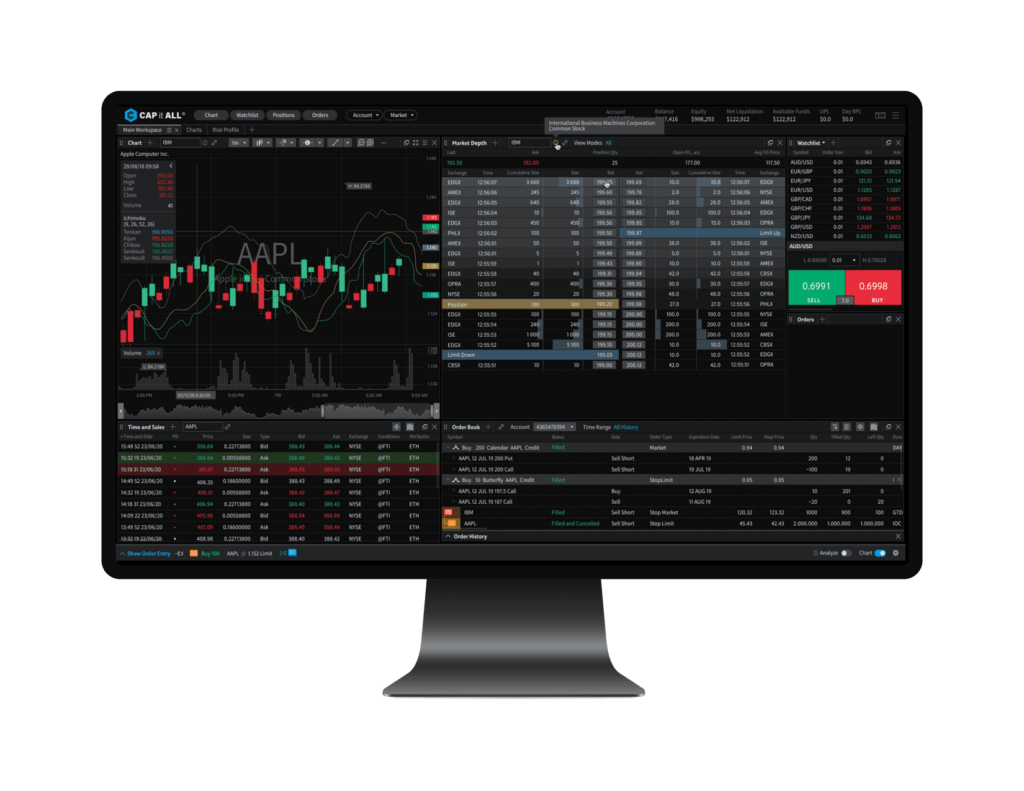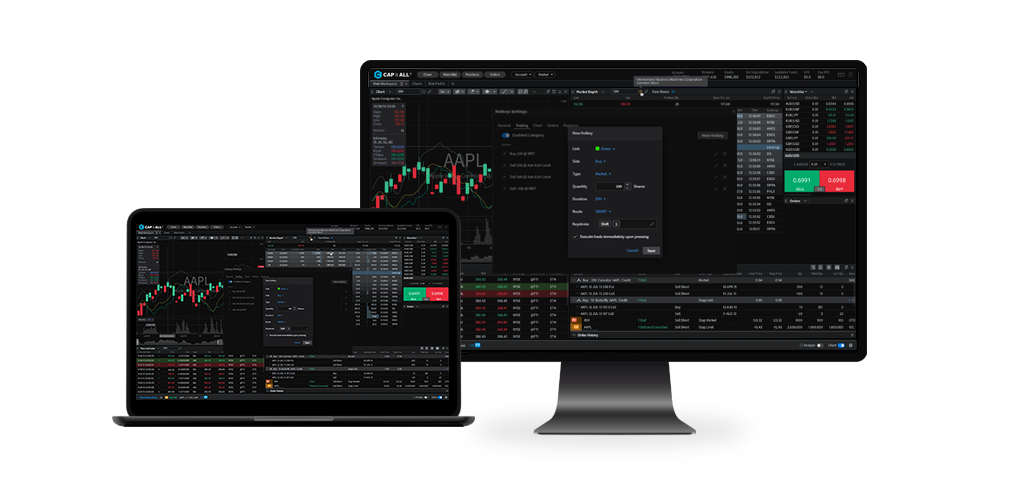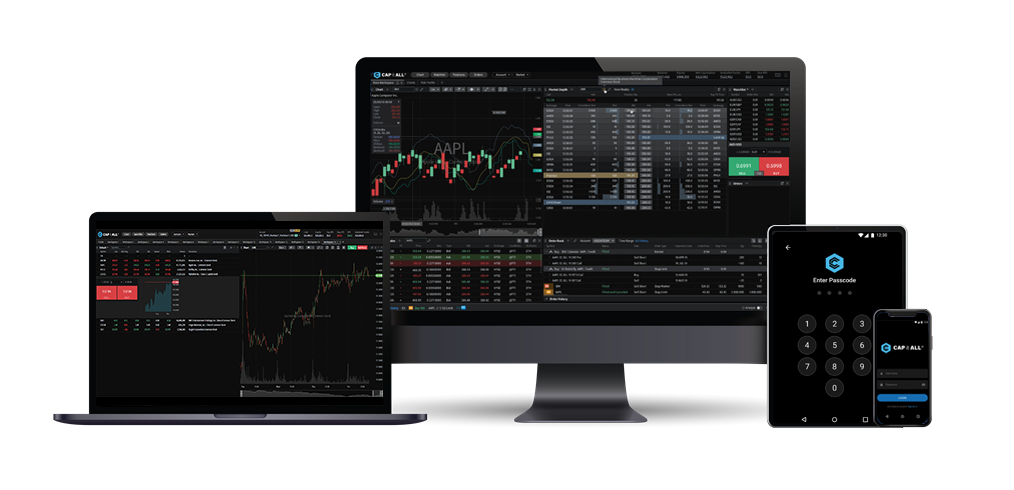Trade and invest in US
stocks and ETFs faster,
with fewer limits
Get instant access to major markets and multi-asset trades and investments.



Current Promotions
CPro $0 Commission | $0 ECN Fees Promotion for the period 02nd - 31st January 2026. Additional fees may apply. See Promotion Terms and Conditions.
Trade Ideas Promotion for the period 02nd - 31st January 2026. Additional fees may apply. See Promotion Terms and Conditions.

Global access
Get broader access to asset classes, investment styles and trading platforms.

Smart tech
Choose from a suite of robust and powerful trading systems and enjoy the edge you need when seconds count.

World-class support
Get tailored support from your Personal Account Manager, who is ready to answer all your questions.

Risk managed
Protect your positions with a tailored risk profile backed by our experts and risk management technology.
Excellent
I’m so satisfied
Fast, nice and perfect. I’m so satisfied. I like Trading 212...
Richard Seres-Nagy,
3 years ago
Great quick customer service
Great quick customer service
Tony loannides,
3 years ago
Great platform
Very user friendly.
Mr. Nik Aim,
3 years ago
Great Customer Support
Helpful staff, good support. Quick account creation and help...
Lisa Charles,
3 years ago
I’m so satisfied
Fast, nice and perfect. I’m so satisfied. I like Trading 212...
Richard Seres-Nagy,
3 years ago
Great quick customer service
Great quick customer service
Tony loannides,
3 years ago
Great platform
Very user friendly.
Mr. Nik Aim,
3 years ago
Great Customer Support
Helpful staff, good support. Quick account creation and help...
Lisa Charles,
3 years ago
Break Limits, Not Momentum
Experience fast, unrestricted day trading.
Play Video
Your go-to solution for everything
trading and investing
Equities and ETFs
Trade 6000+ US stocks and ETFs at a fast speed. Diversify your portfolio with the widest range of US investment assets at competitive prices.
Options
Experience an infrastructure built for high-volume, low-latency options trading and transparent pricing, which includes clearing and execution.
Choose performance and ease of use
Whether you’re a novice or advanced, you can trade and invest your way on three powerful and intuitive platforms.
CPro
CAP it ALL
DAS Trader Pro
Sterling Trader® Pro
Introducing the power of stock trading at your fingertips with our advanced hot key functionalities. We have made it even easier for you to execute your trades in ultra real-time.

Hot key trading
Made for Active traders to react quickly to market changes, enter and exit positions swiftly with one key stroke, as well as managing multiple tasks simultaneously.

Advanced charting and analysis tools
Access real-time L2 data, dynamic charting, and robust analysis tools across multiple screens. Traders have access to multiple smart order routing strategies that are customised to the way you trade.

Simple and powerful
CPro gives novice and sophisticated traders alike the ability to navigate the trading markets easily and with professional grade trading technology.

Our proprietary trading platform CAP it ALL is designed by traders for traders. Clean, customisable and just what any trader ordered. And the best bit? It comes with a free option.

Trade your way
CAP it ALL comes with a minimalist, no frills interface that allows you to customise your screen the way you want to. Spread it out. Make it yours. Simple, but powerful.

Accessible
Trade on the web, your desktop or mobile. CAP it ALL goes where you go and is designed by traders for traders.

Free platform
No platform fee to use CAP it ALL. Market data fee will apply based on the venues requested.

A powerful trading platform for active traders. Take advantage of real-time market data, advanced features, direct access order routing and more.
Hot Key Trading
Choose from a wide range of hot key setups.
Advanced Charting, Watchlists and Scanners
All the right tools to help you take advantage of opportunities in the market.
Free Mobile and Web Access
Real-time access to your portfolio anywhere, anytime at no extra cost.

This platform is designed for active traders and professionals who work with the rapidly moving electronic markets. The powerful performance and configurability give traders complete control over their trading.
Hot Key Trading
Utilize over 100 hotkey options for faster order entries.
Advanced Charting, Watchlists and Scanners
All the right tools to help you take advantage of opportunities in the market.
High Performance, Real-time
Easy access to Level I and Level II market data.

The trusted UK broker for traders and investors
I traded with another company and lost. I can’t believe CMEG was right under my nose. If there’s such thing as a perfect trading app, this is it.
Jimmie, Trustpilot review



